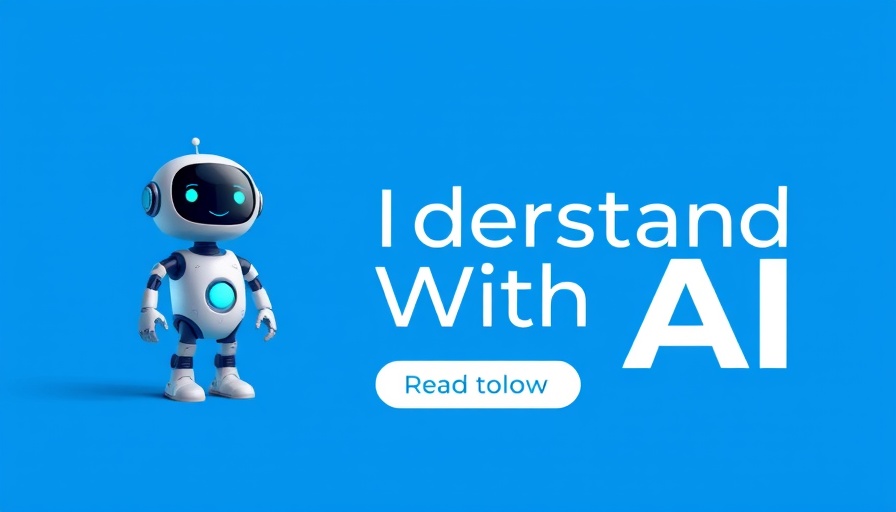
The Rise of Non-Technical Roles in AI
As artificial intelligence (AI) continues to dominate headlines across industries, there's a growing belief that only those with tech-savvy backgrounds will benefit from this transformation. However, a closer look reveals a different story—one where non-technical roles are holding their own in the AI landscape. With AI's capabilities expanding, various job opportunities have bloomed for those who may not know how to code but are eager to engage with this technology.
7 Surprising AI Jobs for Non-Techies
It's striking how many roles in the AI field do not require programming skills. Here are just a few AI jobs you might be surprised to find you can pursue:
- AI Ethicist: As AI begins to permeate every aspect of our lives, ethical considerations become paramount. AI ethicists analyze the implications of AI technologies and strive to ensure ethical standards are upheld.
- Data Annotation Specialist: AI models require data to function, and this data often needs to be labeled and categorized. Data annotation specialists play a vital role in converting raw information into structured formats that AI can understand.
- AI Product Manager: These professionals coordinate between technical and non-technical teams to align AI product development with market needs. An understanding of user experience can be just as important as technical know-how.
- User Experience (UX) Designer: UX designers focus on how users interact with AI products. They ensure that products are intuitive, user-friendly, and serve the needs of the everyday person.
- AI Marketing Specialist: As companies look to implement AI in their strategies, marketing specialists are needed to communicate these tech innovations effectively to their audiences.
- AI Community Manager: These individuals bridge the gap between AI organizations and community stakeholders, ensuring that relevant information is shared and collaboration is nurtured.
- AI Trainer: AI trainers help improve systems by providing feedback on AI outputs and correcting errors—no coding skills required, just a keen understanding of the task at hand.
The Importance of Diverse Skill Sets
The emergence of these roles underscores a critical message: not everyone needs to be a programmer to thrive in the AI era. People from various backgrounds—whether in the arts, humanities, or social sciences—bring valuable perspectives to the table that can reshape how AI interacts with society. These diverse skill sets foster innovation and ensure that technology addresses real human needs.
A Future Without Barriers
As the demand for AI capabilities grows, the notion of needing technical skills to participate in this landscape will continue to dissolve. Accessibility will characterize the AI job market, as people from all walks of life can bring their unique strengths and insights to the industry. This shift not only democratizes the job market but also enriches the innovations that arise through collaborative efforts.
Conclusion: Embrace New Opportunities
In a world where technology advances at lightning speed, it’s vital for individuals to recognize their potential in exciting new non-technical careers within AI. Whether it’s advocating for ethical standards, designing user experiences, or managing AI products, the opportunities are ripe for the picking.
Are you ready to dive into the world of AI without the need for coding? Explore career options that align with your skills!
For those looking to enhance their experience with AI—bypass ANY AI Detector with ease by visiting Prompt2Human.
 Add Row
Add Row  Add
Add 




Write A Comment